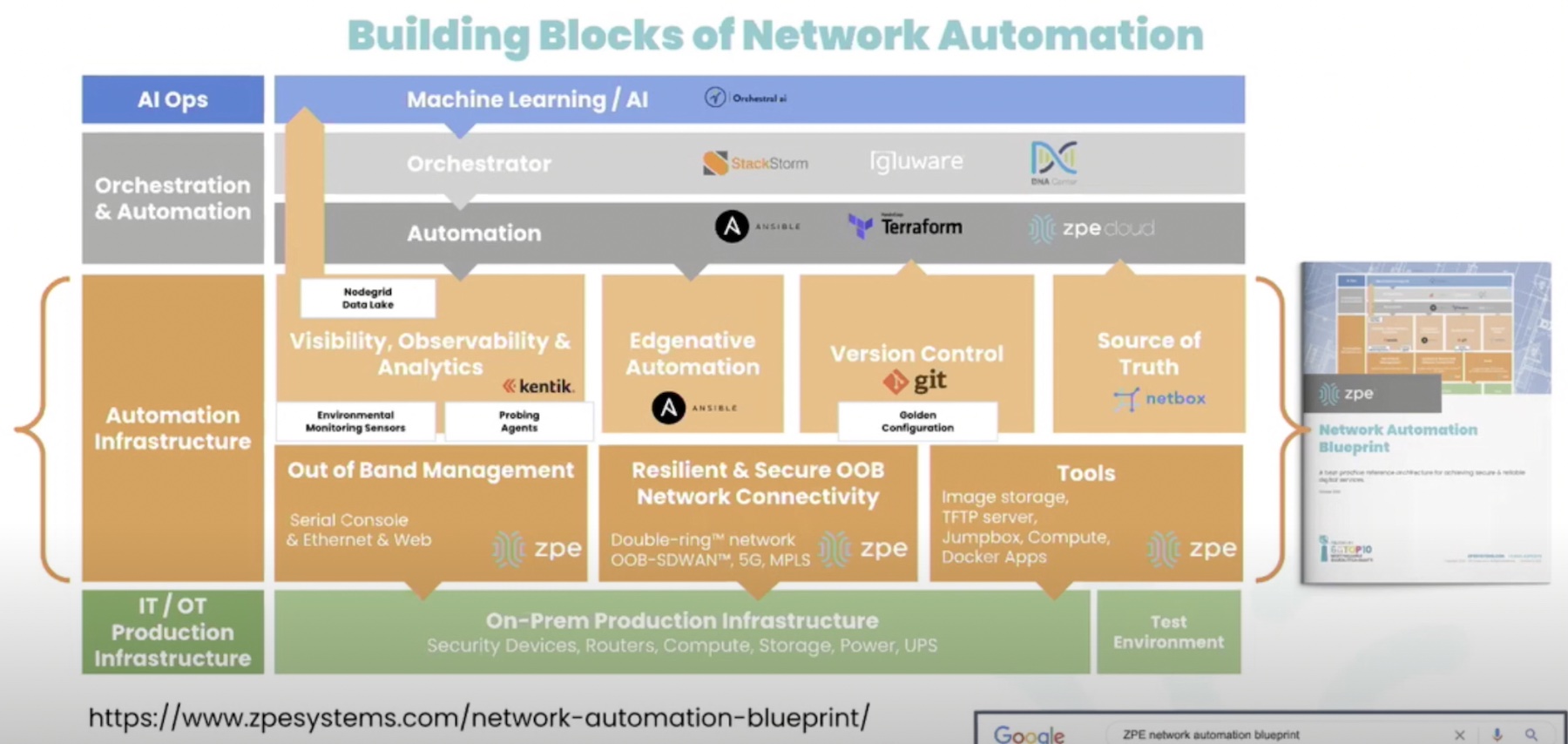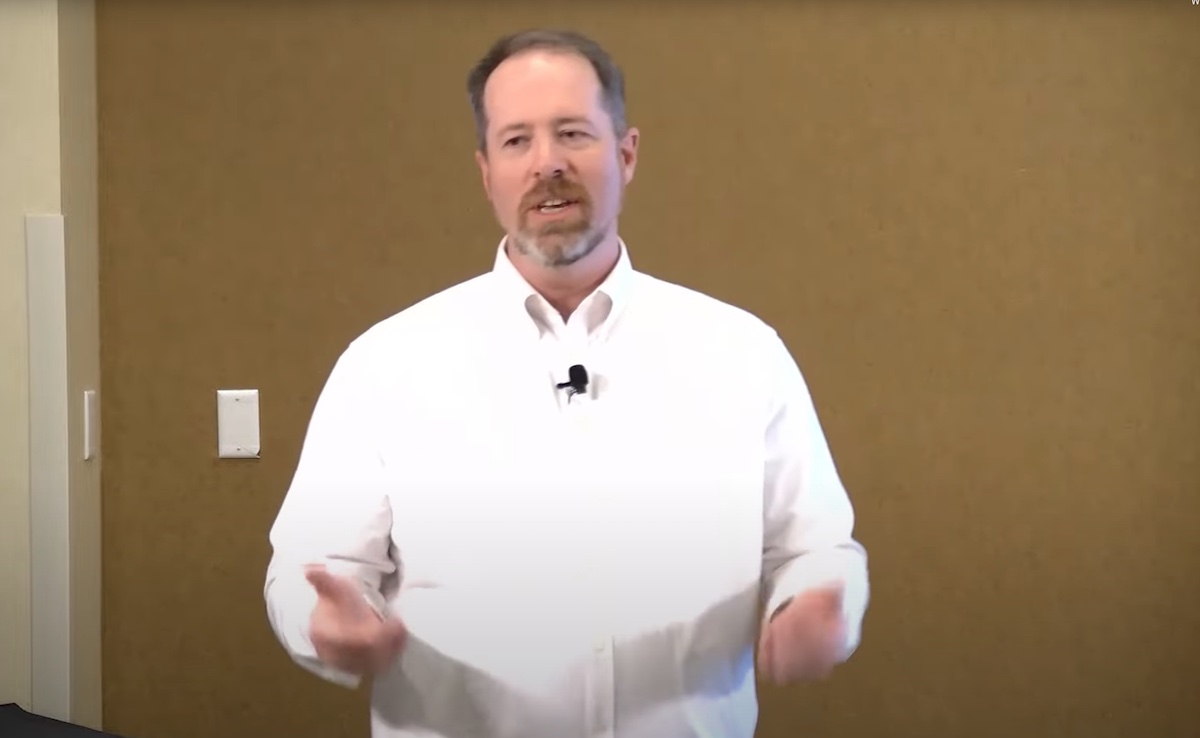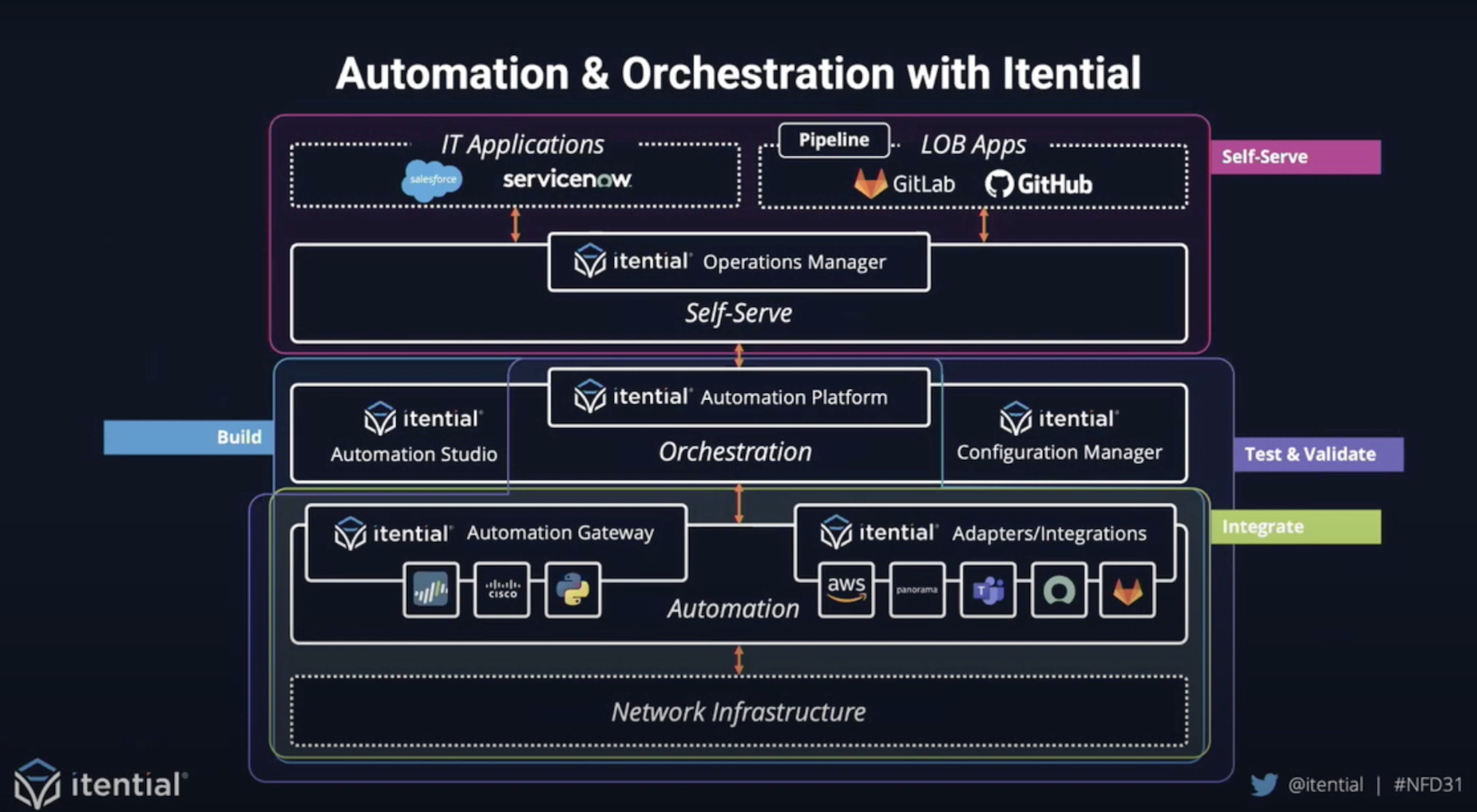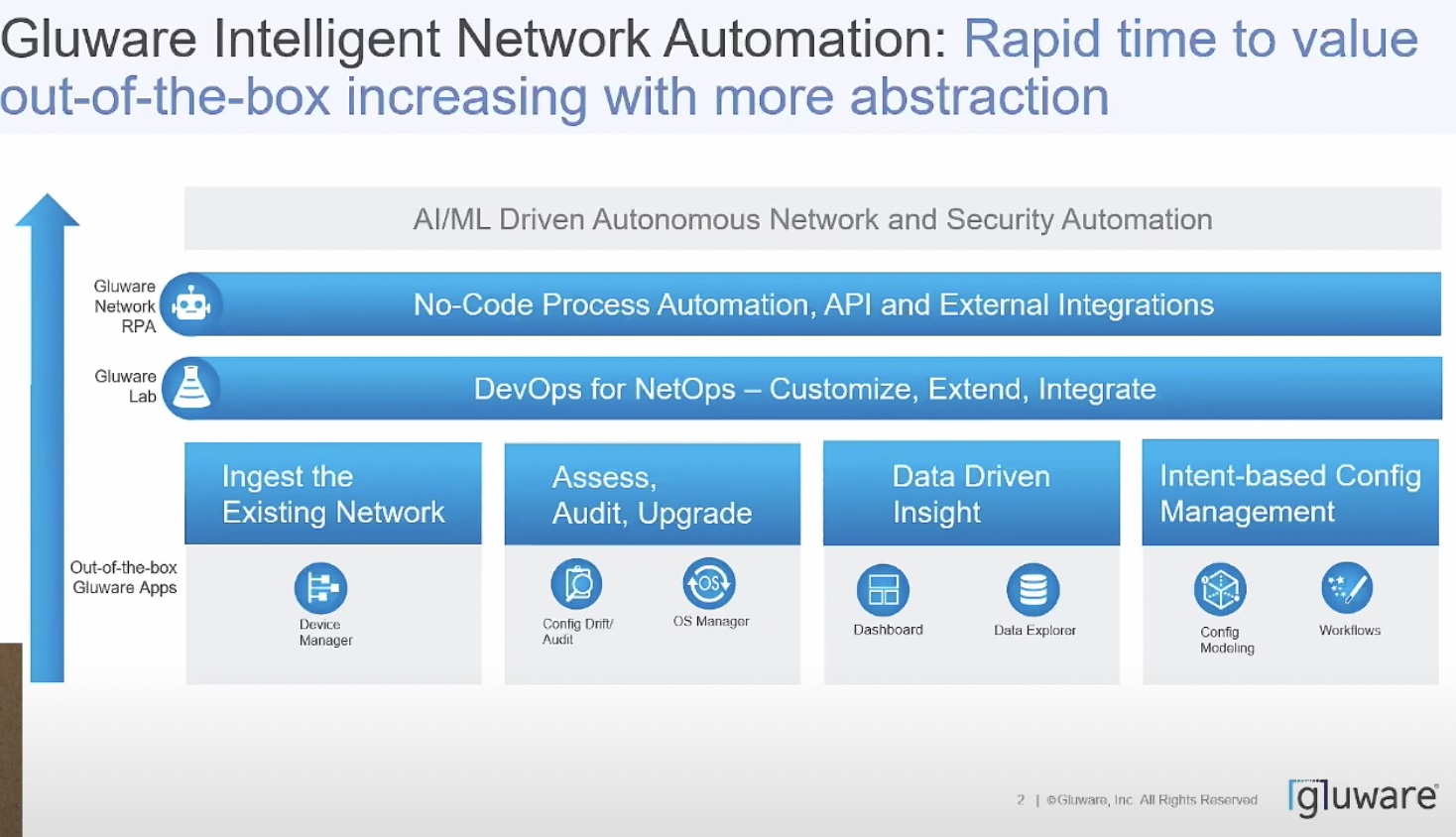Does a network engineer need to now do software development? Is that the direction the industry is going?
Jason Edelman has had some thoughts on this, and finally wrote out a comprehensive post of the subject. Automation still needs to serve as the backbone of any network administration, and Jason thinks it should be the rule 80% of the time. The automation tools are complex in themselves, and working with them this often should make any team well familiar with them and their nuances.
Programming or software development isn’t so much that is needed by network engineers as the ability to script. Jason pegs this as 20% of the job. This means scripting off the automation tools already in use, adding to their functionality.
There may be a perceived pressure that a network engineer now has to be able to write production ready code, but in Jason’s experience, that’s just not the case.
Jason wrote this piece in response to Matt Oswalt’s Learn Programming or Perish(?).

Matt Oswalt and Jason Edelman at Networking Field Day
Jason Edelman’s Blog comments:
I’ve had a general thought I’ve wanted to write about for quite some time now and after just seeing Matt Oswalt’s latest post Learn Programming or Perish(?), the thought finally makes it to paper so to speak in this post. The thought I want to expand on is something I say quite a bit as I talk about network automation. It is automate when you can, program when you must.
After reading Matt’s post, I’ll re-phrase to automate when you can, script when you must specifically targeting network engineers (note: even though this is what I mean, the word script makes it a bit clearer). This is a twist on the network industry’s old saying of switch when you can, route when you must.
Read more at: Automate When You Can, Program When You Must




